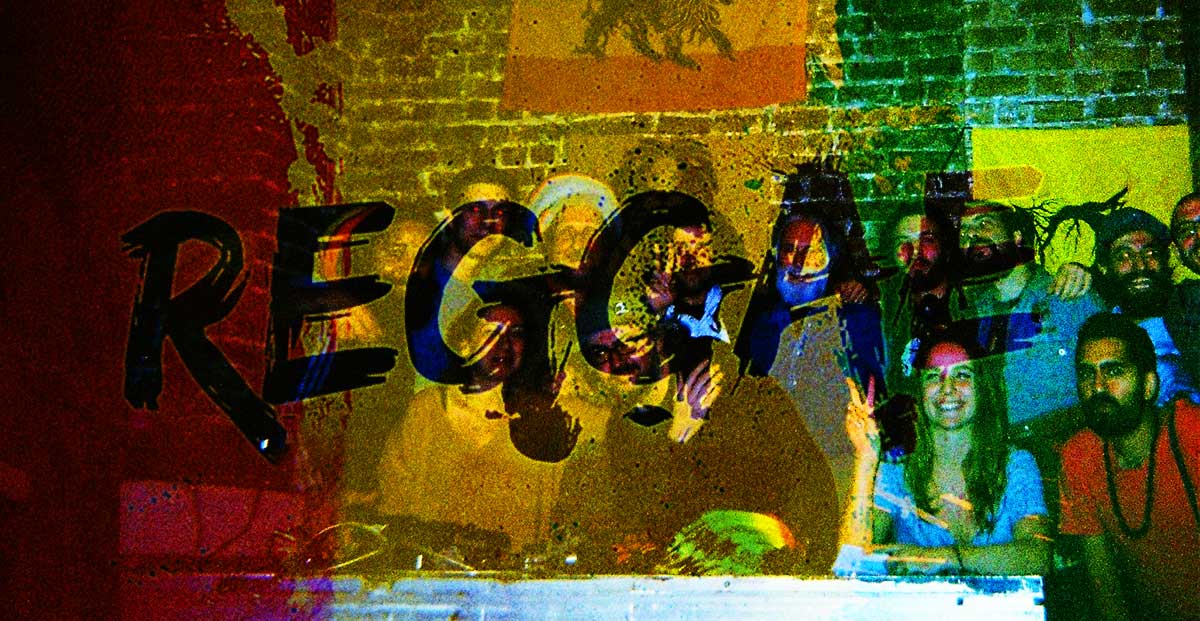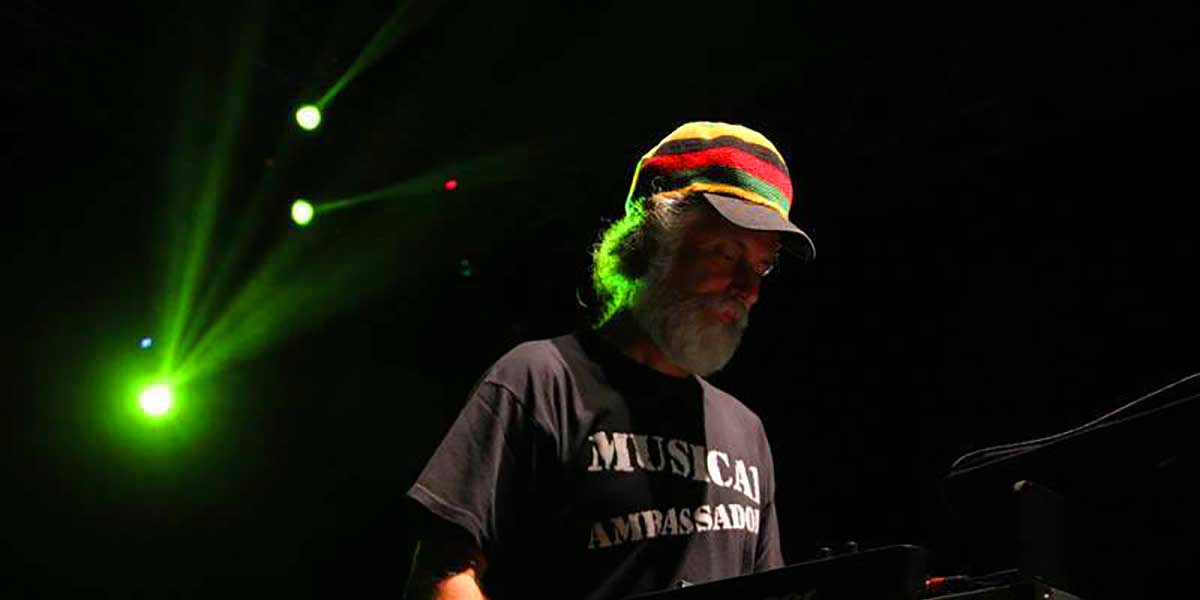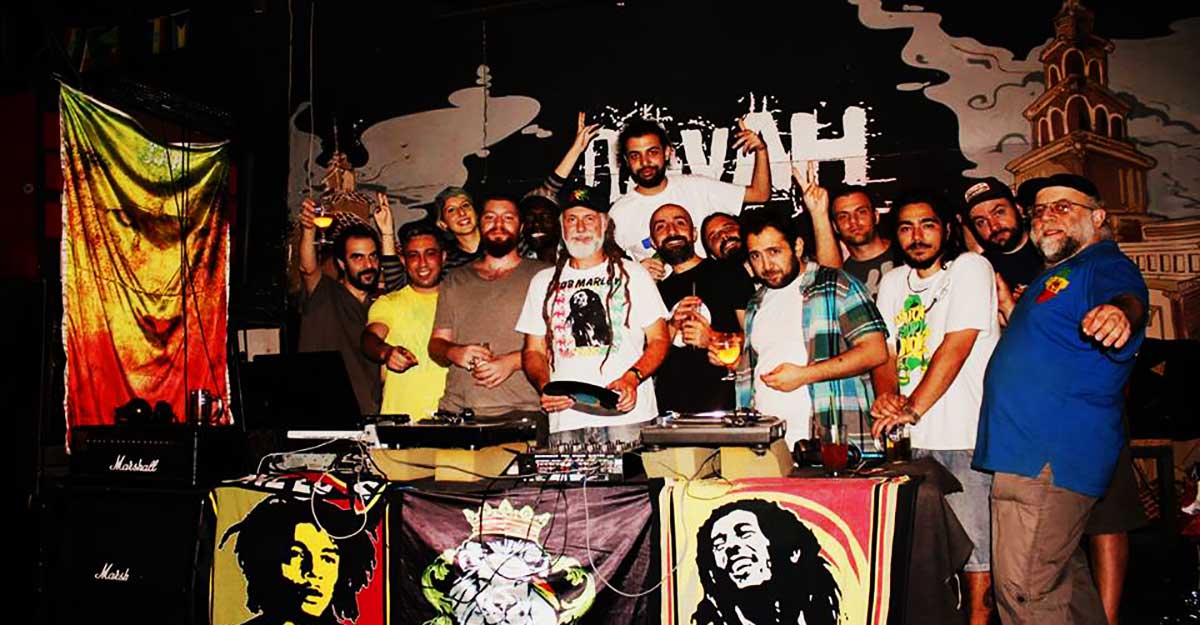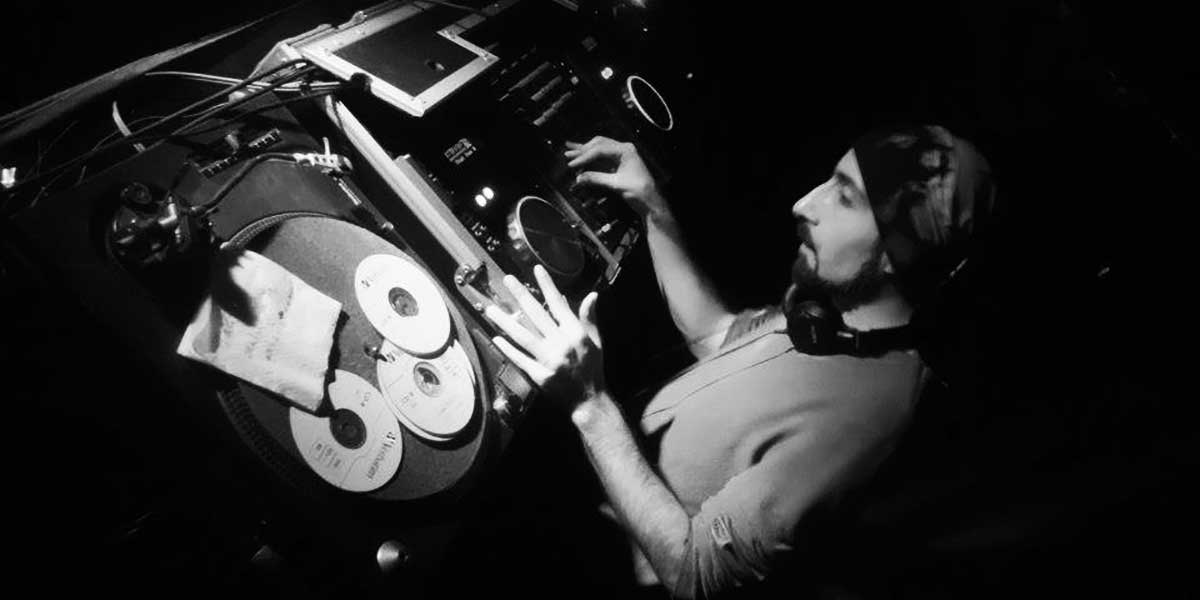I remember it very well: a black man is on the stage, playing mellow tunes that invoke deep thoughts. People are dancing without following a strict set of rules. At such a moment the Selecta approaches me and asks, “What fun is dancing on your own?” He continues by saying, “Hey man, reggae is the sound of the world in harmony with love and light. Love people, dance with them.” To be honest, I still love dancing alone, especially in the crowd, but almost 7 years ago, that’s how I met and came to love reggae music in Spain.
After years, I can definitely say this: reggae helps you to find the right way in life. It inspires, creates happiness with its positive vibes, and raises the spiritual consciousness. Reggae music promotes respect and freedom, something today’s human beings don’t always understand. It acts to unify people. I’m actually trying to explain for nothing as the best words about reggae are by Kevin O’Brien and Wayne Chen: “Bob Marley was honoured by Zimbabwe’s 1980 Independence celebration because his music had given inspiration to freedom fighters. Chinese students used the Wailers’ “Get Up Stand Up” as their marching song in the 1989 Tienanmen Square demonstrations. In the Nicaraguan civil war Marley’s music was popular with both the “Contras” and “Sandanistas” who were fighting oppression. When the Berlin Wall fell, people stood at the fallen rubble and sang, “Three little birds,” for hours.”
[su_youtube_advanced url=”https://www.youtube.com/watch?v=ozkIhToWUPs” width=”640″ showinfo=”no” rel=”no”]https://www.youtube.com/watch?v=Wo_VipgxKSk[/su_youtube_advanced]
So to say, reggae music is a serious thing…
It was Bob Marley who took reggae from the Kingston ghettos and made it into a worldwide cultural and musical phenomenon. It was spreading in the 1970s, a time of political violence between rightists and leftists in Turkey. Thousands of people were simultaneously being killed on the streets while Bob Marley was promoting love and peace to the world.
While violence continued in the country, reggae couldn’t enter the Turkish people’s life as it had in many countries. However, this changed in the 80s when a Sudanese man arrived to Istanbul to continue his academic education. His name was Osman Osman, and he is now considered the first reggae promoter in Istanbul. Together with the Pozitif Life crew, Turkey’s leading concert and festival company, Osman Osman opened Pupa Bar, a space where Istanbul’s reggae-friendly alternative masses could gather.
In the 70s, while British reggae was taking off, a young guy from Istanbul named Mehmet Sait Benhisavi (Ras Memo) came to Britain for his education. There, he was invited to lose himself in the feel of Rastafarian culture, and he loved it very much. When he returned to his city, he acted as a reggae ambassador, introducing this music to the people of Istanbul. In 1996, he began hosting his music program “High Times”, one of the longest running radio programs in the country, on Açık Radyo FM 94.9. He also began to play music at Pupa Bar. Later on, he became the favourite Selecta in Istanbul, keeping the crowd dancing to reggae at several important events organised by Pozitif at Babylon, Turkey’s leading live music venue.
As Ras Memo is one of the first names that come to mind when mentioning reggae in Turkey, I asked him how the reggae events in the old days differed from today’s events. His reply was not optimistic. “What I can’t quite comprehend is that even though Reggae is getting more popular across the world, it seems to be the opposite in Turkey. Reggae events used to be crowded in the 90s maybe because of Pozitif’s collaboration with the British Council and their personal efforts plus the Babylon. These days Pozitif might have their enthusiasm for the Reggae a little dampened or Reggae might have been pushed to the side-lines because of other music styles becoming more profitable. Organisations other than Pozitif/Babylon don’t come up the commercial expectations either and we’ve seen the latest example of this with Michael Rose.”
Osman Osman’s Pupa Bar was only the beginning of the story. He made the wise decision to move the reggae bar from Ortaköy to Taksim, the centre of nightlife in Istanbul. He also gave the bar a new name: Riddim. The reggae bar may not have lasted for long, but it is still considered his most successful project. He continued his reggae promotion and influence in Istanbul by opening a number of different bars. However, everything that has a beginning has an end; the pied piper of Istanbul’s reggae scene eventually tired of the nightlife and decided to move to Canada for his family. Since then, his legacy lived on through his fellows such as Ras Memo, Mahi, Da-Frogg Eyez, King Seroman, Selecta Firuzaga, Lady Kadijah and Selecta Genjah.
Of course, Osman Osman didn’t leave the city without a trace. His last work, Nayah bar, has been the only home for Rastafarians since it was opened in 2004. It also provided a home to Istanbul’s reggae bands and Selectas who needed a home base to cause reggae explosion. SATTAS Reggae Band is the most famous of these bands. Founded by Orçun Sünear and Derya Eke in 2005, they have been performing live in some of the most popular festivals and clubs, sharing stages with a network of world-famous reggae musicians. They took the place of Osman Osman as the promoters of reggae music to a multicultural fan base in Istanbul.
It is safe to say that the success of SATTAS reggae band is the high-water mark of reggae’s visibility in the country, paving the way for other musicians. In the last 10 years there has been an explosion of live bands. Unfortunately, none of them have achieved great success like SATTAS yet. There is simply no outlet to promote reggae music and leading music promoters want little to do with home-grown reggae. However, these bands are greatly welcomed by Istanbul’s reggae lovers. The local reggae scene keeps growing and there will always be a loyal reggae fan base in the city.
What keeps reggae music going in the city is definitely the people who are bonded with reggae music at heart. Among the most influential is the Beton Orman crew; they have been creating spaces that allow reggae, dub, and ska to breathe in the midst of concrete faces of the city since 2008. They organize festivals, concerts, and DJ performances as well as announcing news about reggae in Turkey on their website.
King Seroman is a member of Beton Orman. A Selecta in Istanbul since the 90s, he has witnessed reggae’s history in Turkey. When I asked him about the music’s future in the city, he gave a poetic answer: “Time will tell. What I have to tell you is that music can both heal and open a lot wounds. When you feel trapped, like you have nowhere to run, music suddenly becomes the force that pushes you to move. When you feel alone, isolated, music reminds you that you’re, in fact, not alone. You feel stronger with the people you’re dancing with, like a feast that feeds us both. Reggae has always been like the common house of the underground. It has several natural bonds with other types of music that comes from the streets such as punk, ska, hip hop or dub. We need to connect with the music of the streets and create a field of self-expression for every oppressed person out there. There are gypsy sounds, Ankara songs, Kurdish songs and Anatolian tunes on the streets. The bigger the dancing crowd, the bigger our fight becomes. We can call our music Reggae only after we make the music a bridge between two opposing sides, a vessel for communication, for Reggae is a perfect way of exposing the system. And these days there seems to be a lot work for Reggae as there are many things to expose. Right now we have to make sharper tunes, lyrics and dance figures to create real Reggae. We can give everyone catchy choruses. Choruses which will accompany them when they cry and when they laugh, which will help them stand up straight when they feel vulnerable and powerless. And as for the future of Reggae, only time will tell.”




Thanks for the article! Most recent reggae bands / initiatives in Turkey for those interested –
1. Come Again
2. Afratafra
3. Zeytin
4. Bosphoroots
5. Koala Reggae Band
6. Luxus
7. Herbafrique
8. Sista Soundsystem
9. Komik Günler
and probably a lot more that I have missed =)